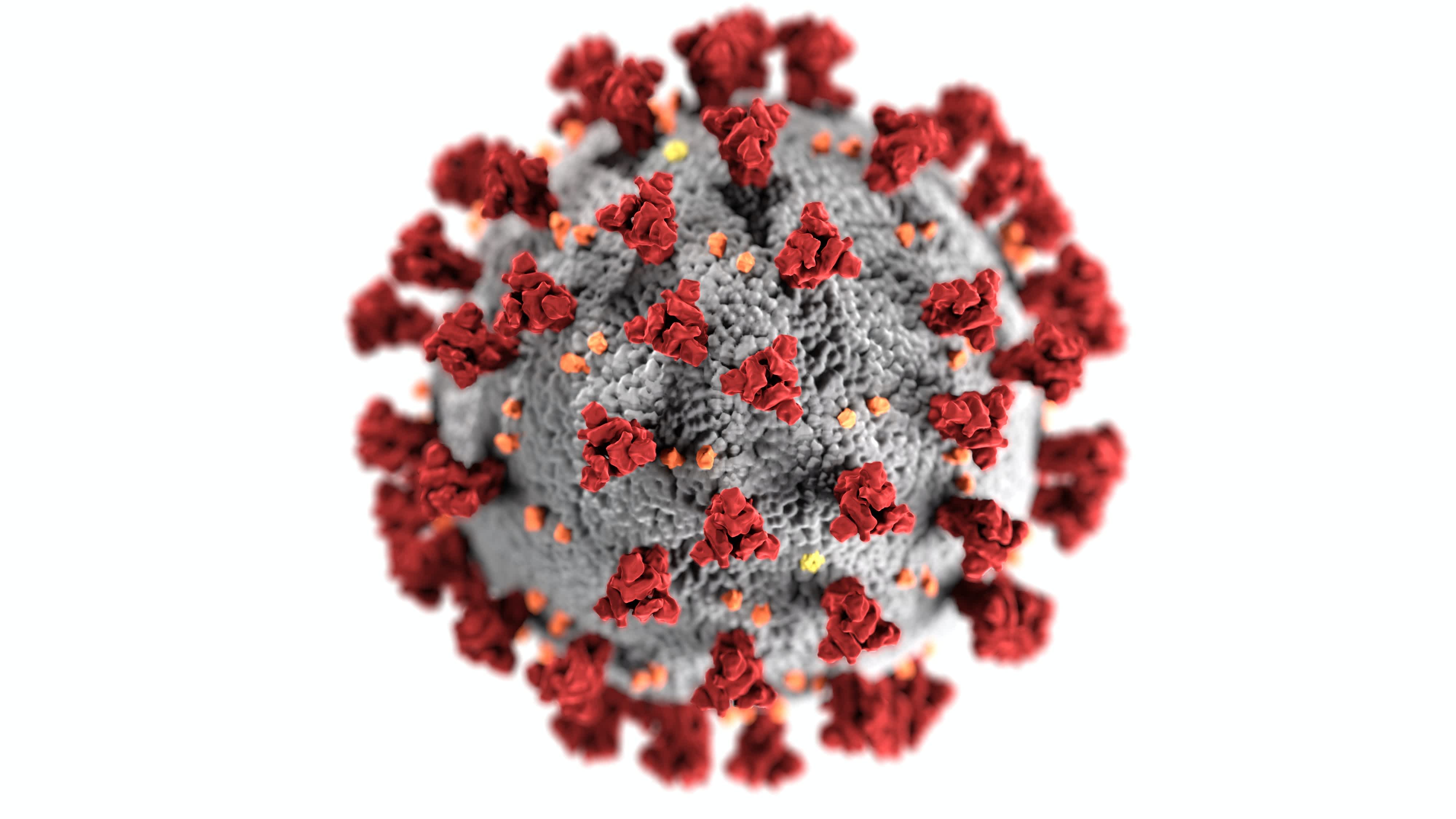News from scientific research on COVID-19 and lactoferrin
Update on the latest study results on lactoferrin in SARS-CoV-2 infection
Duration: 4 minutes

News from scientific research on COVID-19 and lactoferrin
The following article provides an update on the latest study results on lactoferrin in SARS-CoV-2 infection.
The 15th International Lactoferrin Conference in December 2021 focused on presenting and discussing current research on lactoferrin and COVID-19, with exciting new study results (15th International Conference on Structure, Function and Application of Lactoferrin, Beijing, China 2021).
Already in 2020, we described in detail in our articles (The immunological role of lactoferrin in virus defense, Current scientific data on COVID-19 and Lactoferrin) that lactoferrin can have preventive and therapeutic effects through its antiviral activity in the early phase of SARS-CoV-2 infection as well as during infection through various mechanisms.[1-3]
Recent in vitro study reports found another receptor for virus entry, the human transferrin receptor, in addition to the already described entry of SARS-CoV-2 via the ACE2 receptor as well as the HSPG receptor. Lactoferrin, a natural ligand of this receptor, can interact with both the spike protein and its receptor-binding domain. This can disrupt the interaction between the receptor and the spike protein, effectively blocking viral entry into the cell by lactoferrin.[4]
Effect against different virus variants
Another group of researchers investigated the effect of lactoferrin against different SARS-CoV-2 variants in vitro and could clearly show that lactoferrin is effective against the wild form WA1 as well as against the strains B.1.1.7 (alpha), B.1.351 (beta), P.1, delta.5
According to the researchers, it is expected that lactoferrin may also be effective against other emerging variants.[5]
New data on the current omicron variant are eagerly awaited.
In another previous article (Current scientific data on COVID-19 and lactoferrin), we also reported the first optimistic results from application studies on the efficacy of lactoferrin in the prevention and treatment of COVID-19. Consequently, these positive results could be confirmed in further studies.[6,7]
Lactoferrin, as an adjunctive therapy, can significantly reduce the duration of recovery from SARS-CoV-2 infection. Interestingly, it has also been observed that the therapeutic effect of lactoferrin increases with age.
This was shown in a recently published, randomised and placebo-controlled clinical trial. The researchers addressed the question of whether lactoferrin in adjusted doses (400-1000 mg/d), depending on the severity of symptoms, has a positive effect as an additional antiviral agent in COVID-19 outpatients compared to standard therapy. In fact, a shorter time to achieve a negative real-time (RT)-PCR test for SARS-CoV-2 could be observed. In pauci to moderately symptomatic patients, this was 15 days on average with lactoferrin, and 24 days without lactoferrin intake.[6]
This confirms the results of a previous study that also showed a reduction in healing time in mild-to-moderate and asymptomatic COVID-19 patients, among others.[7]
In addition to symptom reduction, other exciting approaches to the effect of lactoferrin in COVID-19 have been discovered:
Lactoferrin in combination with antiviral drugs
Combination therapies are likely to be needed for effective treatment of SARS-CoV-2 infection, and this approach has already shown promise.
Here, the research group of Mirabelli et al. showed that lactoferrin enhances the antiviral activity of remdesivir and could be used in combination therapy with remdesivir, which is currently used for the treatment of COVID-19. Because of its wide availability, low cost and good safety profile, lactoferrin could be a rapidly deployable option for both prophylaxis and treatment of COVID-19.
Although the results are promising and have led to several clinical trials, further studies are needed to confirm efficacy in animal models and/or clinical trials.[3]
Lactoferrin and Long COVID in children
Children have a low morbidity and mortality rate from COVID-19 infection compared to adults (Lactoferrin, the innate immune response and COVID-19). However, Long COVID is also an issue in children, but current data is still very thin.[8]
The report of a preliminary clinical trial provides early evidence that children with mild manifestations of Long COVID may benefit from oral administration of lactoferrin, particularly those with persistent gastrointestinal symptoms. The preliminary results support the conduct of a prospective randomized and placebo-controlled trial to define the role of lactoferrin in children with Long COVID.[9]
In summary, the study results to date suggest that the use of lactoferrin, alone or as an adjunct to standard therapy, may be a winning strategy in COVID-19.[10]